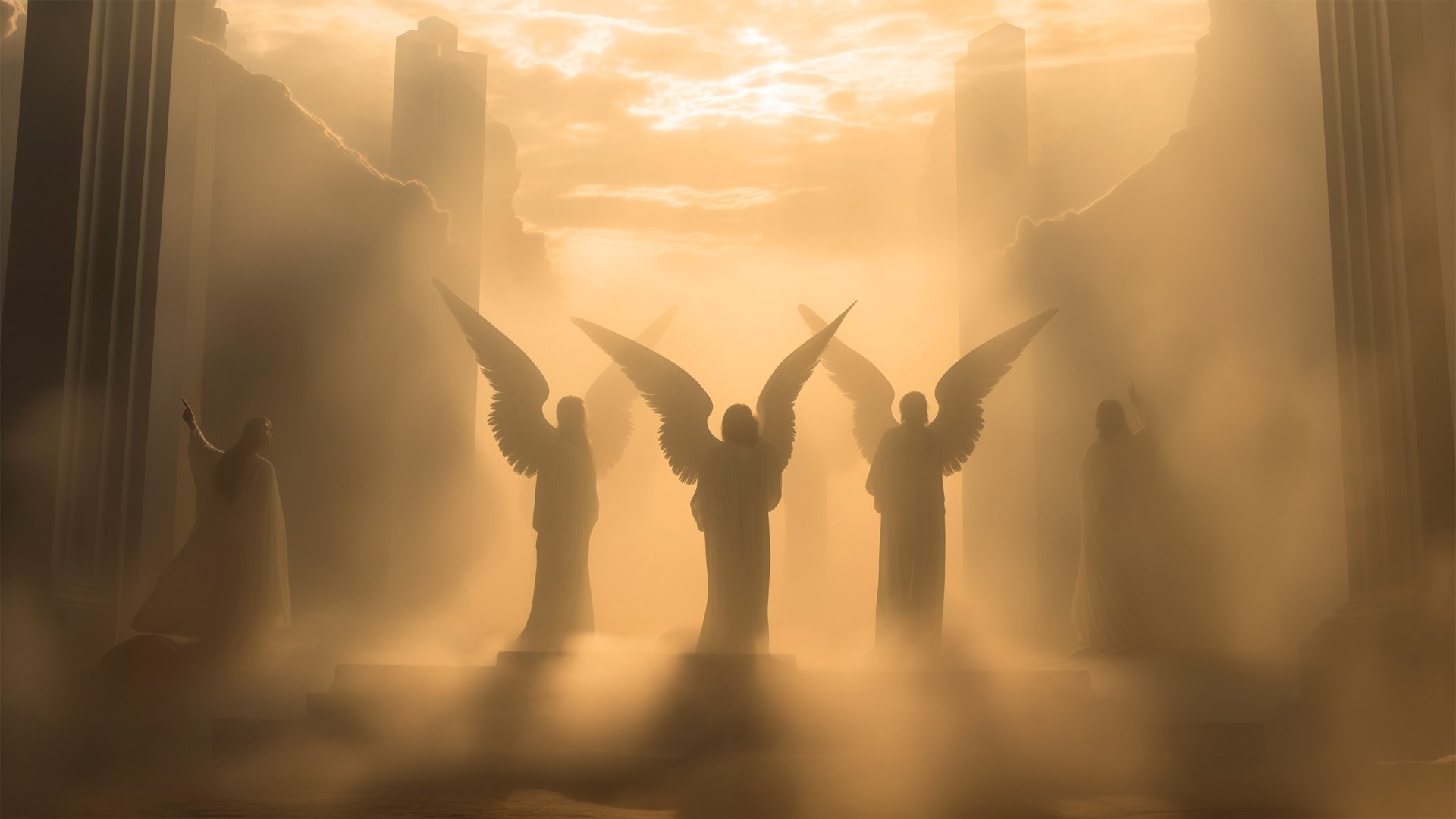The conscience is an inner sense or awareness that enables a person to distinguish between right and wrong, good and evil, appropriate and inappropriate. It is an innate moral compass given by God to every human being at birth. This awareness does not originate from education or upbringing—it is part of human nature.
The conscience acts like an internal witness or a second person within you. It either affirms your decisions or convicts you of wrongdoing—both before and after you take action. If something is morally wrong, your conscience may trouble you by stirring up feelings of unease, guilt, or fear. On the other hand, when you do what is right, your conscience offers peace, joy, and confidence.
Conscience at Work
For instance, if someone considers committing murder or theft, even without anyone telling them it is wrong, something within—their conscience—warns them that such actions are not right. If the person listens to this inner warning, they will likely abandon their intentions.
This conscience is a divine gift, and it is referenced in multiple passages in the Bible.
Biblical Example: The Woman Caught in Adultery
One well-known example of the conscience at work is found in John 8:3–11. The Pharisees brought a woman caught in adultery to Jesus, trying to trap Him. According to the Law of Moses, such a woman was to be stoned. But Jesus challenged them:
“Let any one of you who is without sin be the first to throw a stone at her.”
(John 8:7, NIV)
The result?
“At this, those who heard began to go away one at a time, the older ones first, until only Jesus was left…”
(John 8:9, NIV)
Their consciences were pricked—they were convicted internally. Though eager to accuse, their own guilt caused them to walk away. This is a powerful example of the conscience bearing witness to moral truth.
The Conscience in the Last Days
The Bible also warns that in the last days, many will ignore their consciences and embrace deception:
“The Spirit clearly says that in later times some will abandon the faith and follow deceiving spirits and things taught by demons. Such teachings come through hypocritical liars, whose consciences have been seared as with a hot iron.”
(1 Timothy 4:1–2, NIV)
A “seared conscience” means the moral sensitivity is deadened. Like skin burned by fire, it no longer feels—people lose their moral awareness and become numb to sin.
Other Key Scriptures on Conscience
-
Acts 23:1 – Paul says:
“My brothers, I have fulfilled my duty to God in all good conscience to this day.”
-
Romans 2:15 – Paul describes the conscience in both Jews and Gentiles:
“…their consciences also bearing witness, and their thoughts sometimes accusing them and at other times even defending them.”
-
Romans 9:1 –
“My conscience confirms it through the Holy Spirit.”
-
Romans 13:5 –
“Therefore, it is necessary to submit to the authorities, not only because of possible punishment but also as a matter of conscience.”
Can a Conscience Die?
If you no longer feel guilt, remorse, or moral conviction when doing wrong—if your conscience is silent even in sin—it may be an indication that your inner self has been damaged. Biblically speaking, this is often the result of persistent sin and resistance to God’s voice.
But there is hope. Through Jesus Christ, your conscience can be made alive again.
The Restoration of the Conscience
When you surrender your life to Jesus, get baptized, and are filled with the Holy Spirit, your dead or weakened conscience can be renewed.
“How much more, then, will the blood of Christ, who through the eternal Spirit offered himself unblemished to God, cleanse our consciences from acts that lead to death, so that we may serve the living God!”
(Hebrews 9:14, NIV)
Christ’s blood not only forgives sin—it also purifies the conscience, enabling us to serve God with a clean heart and sound mind.
Conclusion and Encouragement
If you feel that your conscience is weak, dull, or “dead,” turn to Jesus today. Let Him restore your inner being and give you a renewed heart. When your conscience is alive and guided by the Holy Spirit, it becomes a powerful ally in your walk with God.
“Let us draw near to God with a sincere heart and with the full assurance that faith brings, having our hearts sprinkled to cleanse us from a guilty conscience…”
(Hebrews 10:22, NIV)
May the Lord bless you as you seek to live with a clear and Godly conscience.









